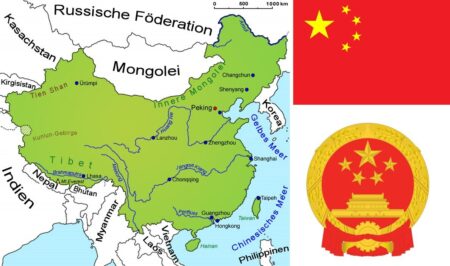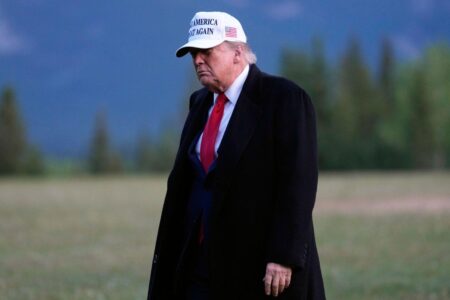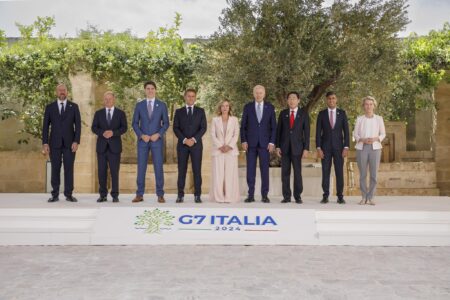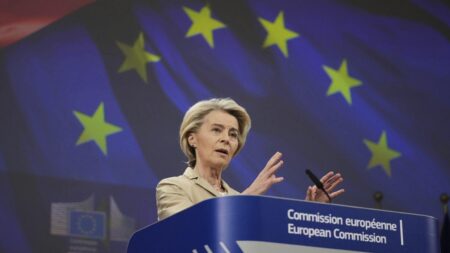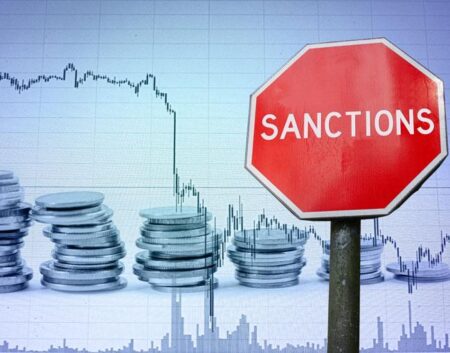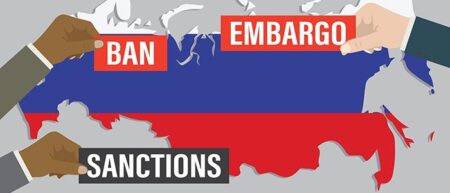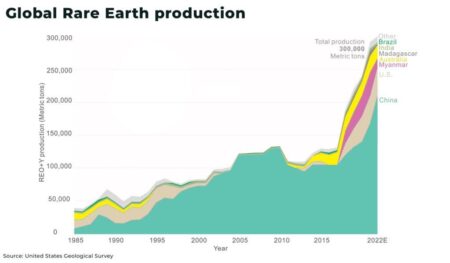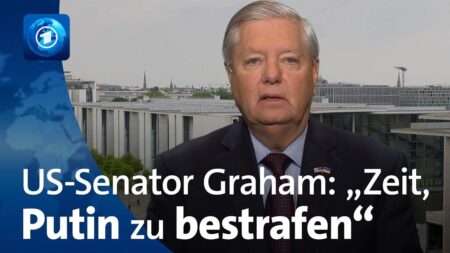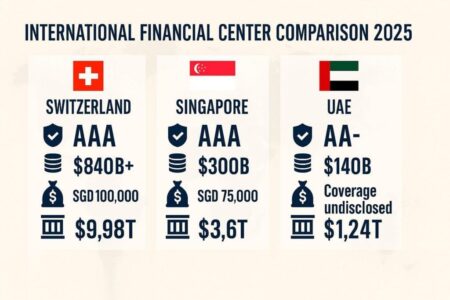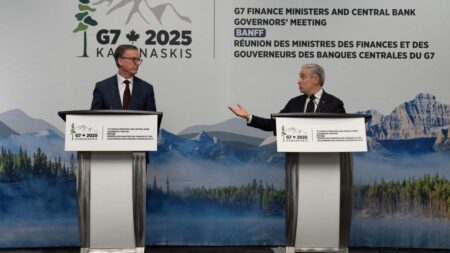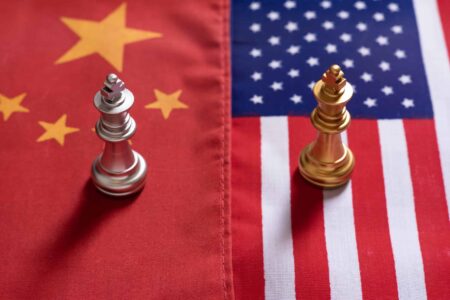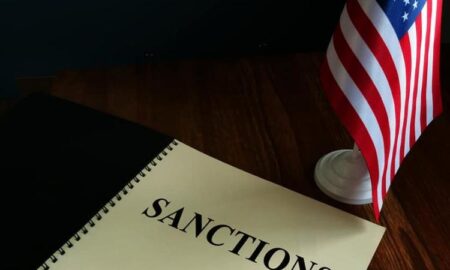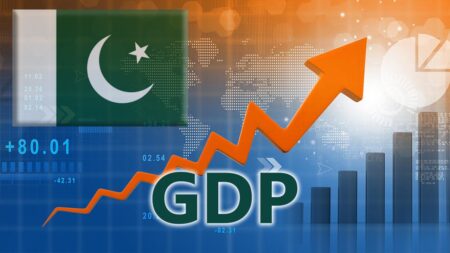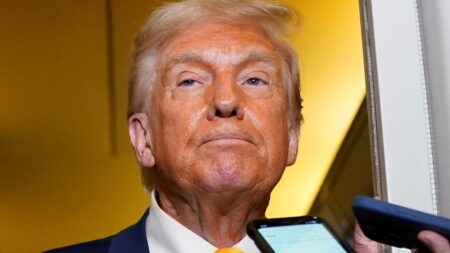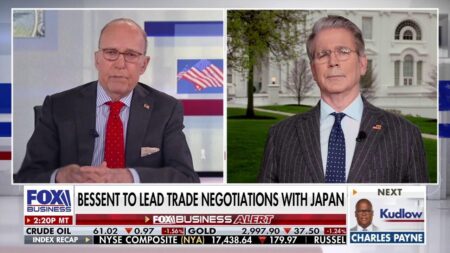The EU ramps up financial pressure on Russia with bold new sanctions aimed at vital sectors, determined to cripple Moscow’s war machine in Ukraine. Officials emphasize that “peace through strength” remains the essential path to a lasting resolution
Browsing: economic sanctions
China has emerged as the powerhouse fueling Russia’s war effort, supplying advanced technology and crucial resources that sustain Moscow’s military operations, The Economist reveals-reshaping the global geopolitical landscape
At the G7 summit, former President Donald Trump sparked intrigue by hinting at a possible end to U.S. sanctions on Russia, signaling a bold potential shift in strategy amid ongoing geopolitical tensions, according to reports from politico.eu
At the G7 summit in Canada, a German official highlighted the strong commitment to aligning EU and US sanctions against Russia, aiming to present a united front amid rising geopolitical tensions, Reuters reports
The Atlantic Council explores five key questions about the EU’s latest sanctions targeting Nord Stream, Russian banks, and oil exports, uncovering their profound impact on Europe’s energy security and Moscow’s financial power centers
The EU has unleashed a bold new wave of sanctions targeting Russia’s crucial economic lifelines, focusing sharply on energy exports and key financial institutions. This decisive move intensifies the pressure amid rising tensions, signaling Brussels’ unwavering resolve and stronger stance than ever before
Senator Lindsey Graham’s proposed sanctions bill targets Russia head-on but could unintentionally disrupt U.S. trade with major global partners, raising concerns about economic fallout and strained international ties, Politico reports
China has dramatically tightened export controls on rare earth minerals-crucial building blocks for the electronics and defense industries. This bold strategy highlights Beijing’s growing influence amid rising global trade tensions, sending shockwaves through supply chains worldwide, Reuters reports
Senators Exclusive and Graham are championing a Europe-friendly carveout in the Russia sanctions bill, aiming to shield European allies from severe fallout while maintaining pressure on Moscow, sources tell Semafor
Japan has taken a significant step by partially lifting sanctions on Syria, opening the door to increased humanitarian aid and vital support for rebuilding efforts amid the ongoing conflict. This marks a careful but meaningful shift in Tokyo’s approach to the Middle East
India is gearing up to champion international financial measures targeting Pakistan, as revealed by a reliable source. This strategic move underscores the rising tensions between the two nations, with India actively seeking global backing to tackle pressing issues related to terrorism financing.
In a powerful display of unity, G7 finance ministers have reaffirmed their unwavering support for Ukraine in its ongoing struggle against Russian aggression. This collective commitment highlights the importance of sustained financial assistance and strategic sanctions as vital tools to strengthen Ukraine’s resilience during these challenging times.
China has taken a bold step by imposing tariffs on plastic imports from the US, EU, Taiwan, and Japan, citing concerns over dumping practices. This move signals a dramatic escalation in trade tensions as Beijing seeks to safeguard its domestic industry amidst the backdrop of ongoing global trade disputes
The U.S. has taken decisive action by imposing sanctions on multiple companies linked to the facilitation of Iranian oil shipments to China. This bold move represents a crucial advancement in Washington’s strategy to disrupt Iran’s oil exports and diminish its influence across the region.
In a stunning turn of events, former President Donald Trump revealed that the U.S. plans to lift sanctions on Syria, aiming to provide the war-torn nation with “a chance at peace.” This bold move emerges as part of broader discussions focused on fostering stability in the region.
France has voiced its backing for a thorough review of the EU-Israel trade agreement in light of the intensifying violence in Gaza. This stance highlights the increasing apprehension regarding the humanitarian crisis unfolding in the region, prompting European nations to reevaluate their diplomatic relationships with Israel.
In a major blow to Pakistan’s economy, India has taken the drastic step of blocking $500 million in Pakistani goods from entering its market through third countries. This bold move is set to deepen the already tense trade relations between the two nations and poses a serious risk to Pakistan’s economic stability.
In a bold statement aimed squarely at China, former President Donald Trump has accused the nation of “cheating” on tariff agreements. His comments arrive during a time of heightened trade tensions, as he calls for more robust actions to safeguard American industries from unfair competition.
In a bold move, Ukraine has slapped sanctions on three Chinese companies as tensions with Beijing continue to rise. This decisive action underscores Kyiv’s deepening worries about China’s backing of Russia and signals a strategic shift in its geopolitical approach. The targeted sanctions focus on entities perceived as potential threats to national security, reinforcing Ukraine’s commitment to safeguarding its sovereignty.
The U.S. is strategically using tariff negotiations to economically isolate China, as highlighted in a recent report by The Wall Street Journal. This bold approach underscores the nation’s commitment to countering China’s growing influence in global trade while simultaneously reinforcing alliances with vital partners around the world

